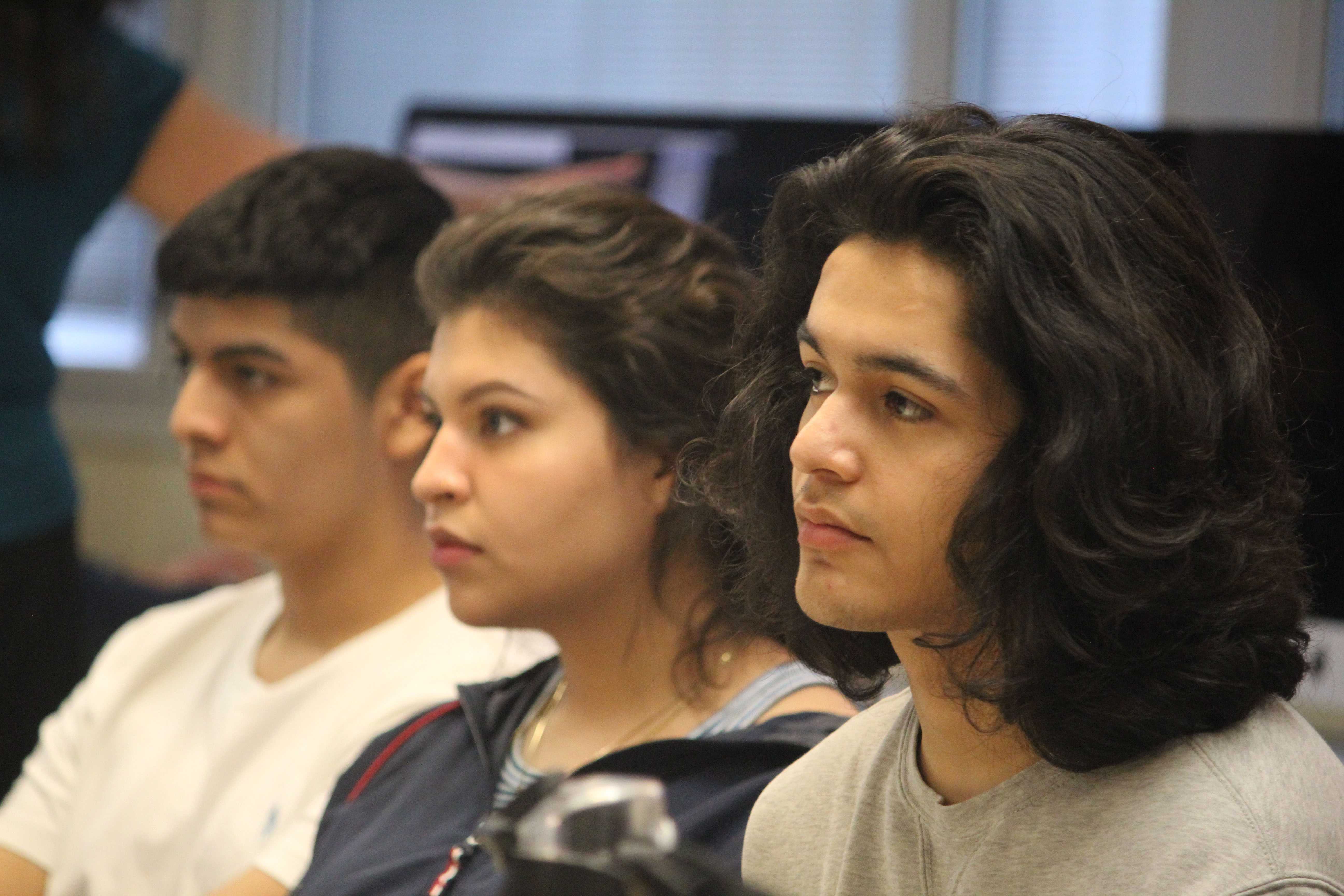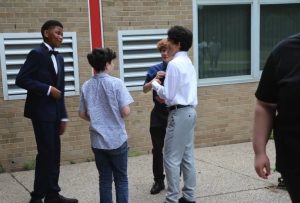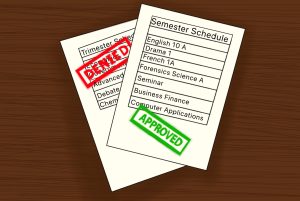Students Give Feedback on Their Experience Being Hispanic
June 14, 2019

On April 18, 2019, Heather Dolegowski, an intern at Loy Norrix for Spanish teacher, Chris Holmes, held a panel including pre-teachers from WMU which opened up a conversation on some of the experiences that Hispanic students have faced during their education.
“I want to convey the importance of teaching young people about issues presented in the Hispanic community and pose solutions of how to assist this community through education,” said Dolegowski.
The five students with a Hispanic background that were present during the meeting, discussed and agreed on some problems they deal with on a daily basis during their school day. Some of those issues include: being stereotyped, feeling underestimated, and the complete lack of Hispanic history in the teaching curriculum.
“I am concerned about how the education system can be more supportive of the success of Hispanic students — fewer graduate, fewer attend college, fewer finish college. Another issue I would really like to see addressed is curriculum addressing the experience of Hispanic people in America,” said Allen Webb, an English professor at Western Michigan University.
Each of the five students who attended meeting had careers they aspire to go into such as, junior Vivian Segovia who wants to be a radiologist, and senior Yesenia Salas who wants to be a graphic designer. Each wants to go down the college route after they graduate from high school.
The saying, “You’re not Mexican enough,” is a common deprecatory phrase used by many people, not only to belittle someone because the things they are doing is not considered “traditionally of culture.” This phrase has impacted generations of young Hispanics in communities by making them feel less than what they are or are born to be. The feeling of being underestimated is another common issue when it comes to Hispanics in the education system.
The question was asked: What are more ways that teachers can be sensitive to a Hispanic student’s unique situation?
Junior Alan Sanchez-Adunas responded, “Teacher’s shouldn’t call Hispanics out for not knowing certain things when dealing with Spanish culture. They should treat each student the same even though you might assume they know more or less.”
The book that was presented to be a relatable guide, is called, “I Am Not Your Perfect Mexican Daughter” by Erika Sanchez, and it informs readers about so many crucial issues in the lives of young Mexican Americans today, from family relationships, language and race questions, relationships between white and Hispanic young people, connections to Mexico, sexuality, climate change, and more.
According to Dr. Webb, the curriculum addressing the experience of Hispanic people in America is non-apparent in schools. For this reason, schools should incorporate Hispanic history in history class.
“Where is the study of Hispanic people? The Mexican War? Long history of U.S. relations with Latin America? Discrimination against Hispanics in this country? Efforts of Hispanic people to fight back? Racism of American border and immigration policies? All of this should be something that EVERY student should learn about in school, not only Hispanic students, if, even they get a chance to learn about it,” said Dr. Webb.
Dolegowski added, “I have a lot of passion and love for Hispanic students and through this panel, I was given the chance to learn about how to serve students of their culture better.”











